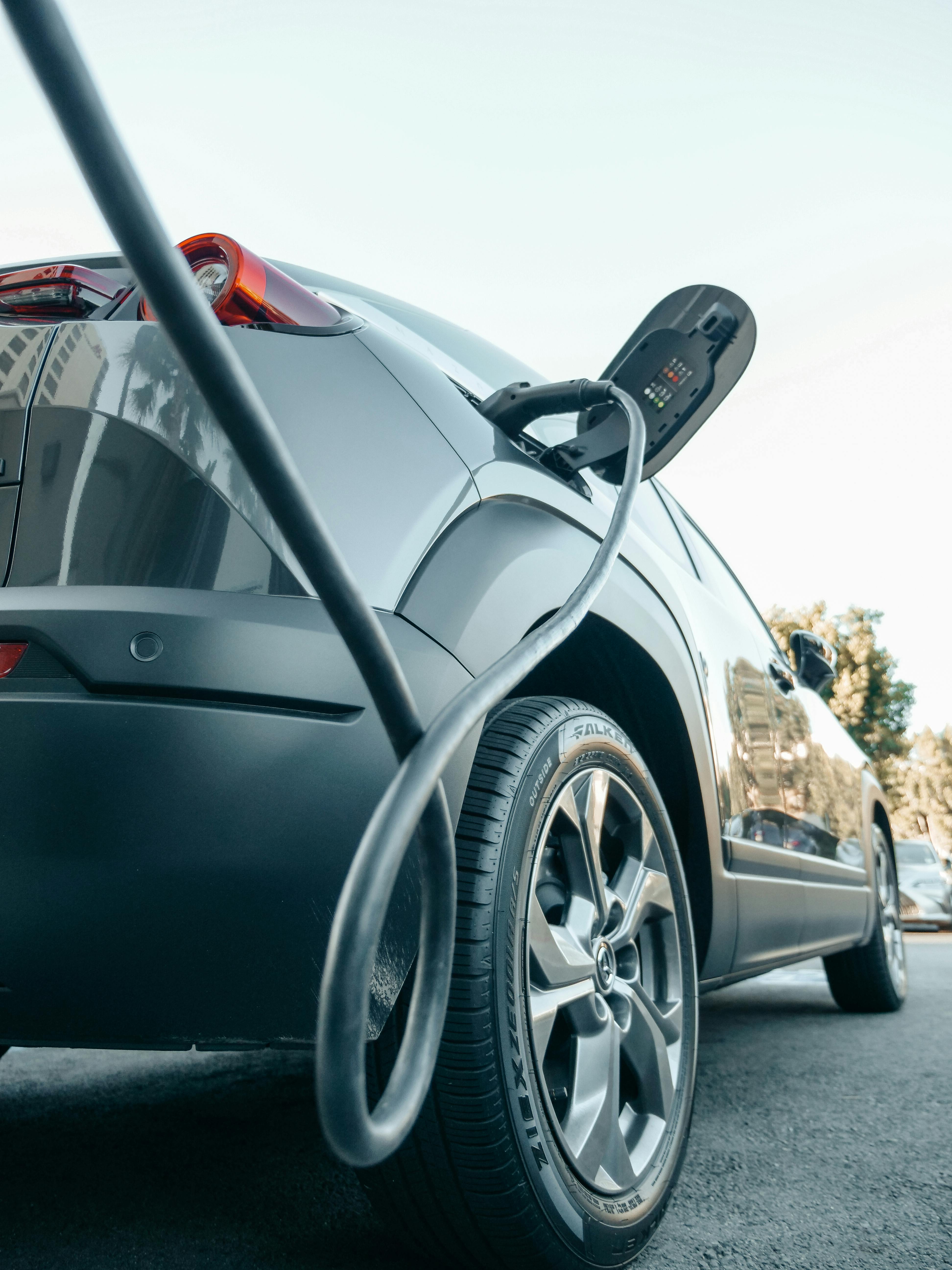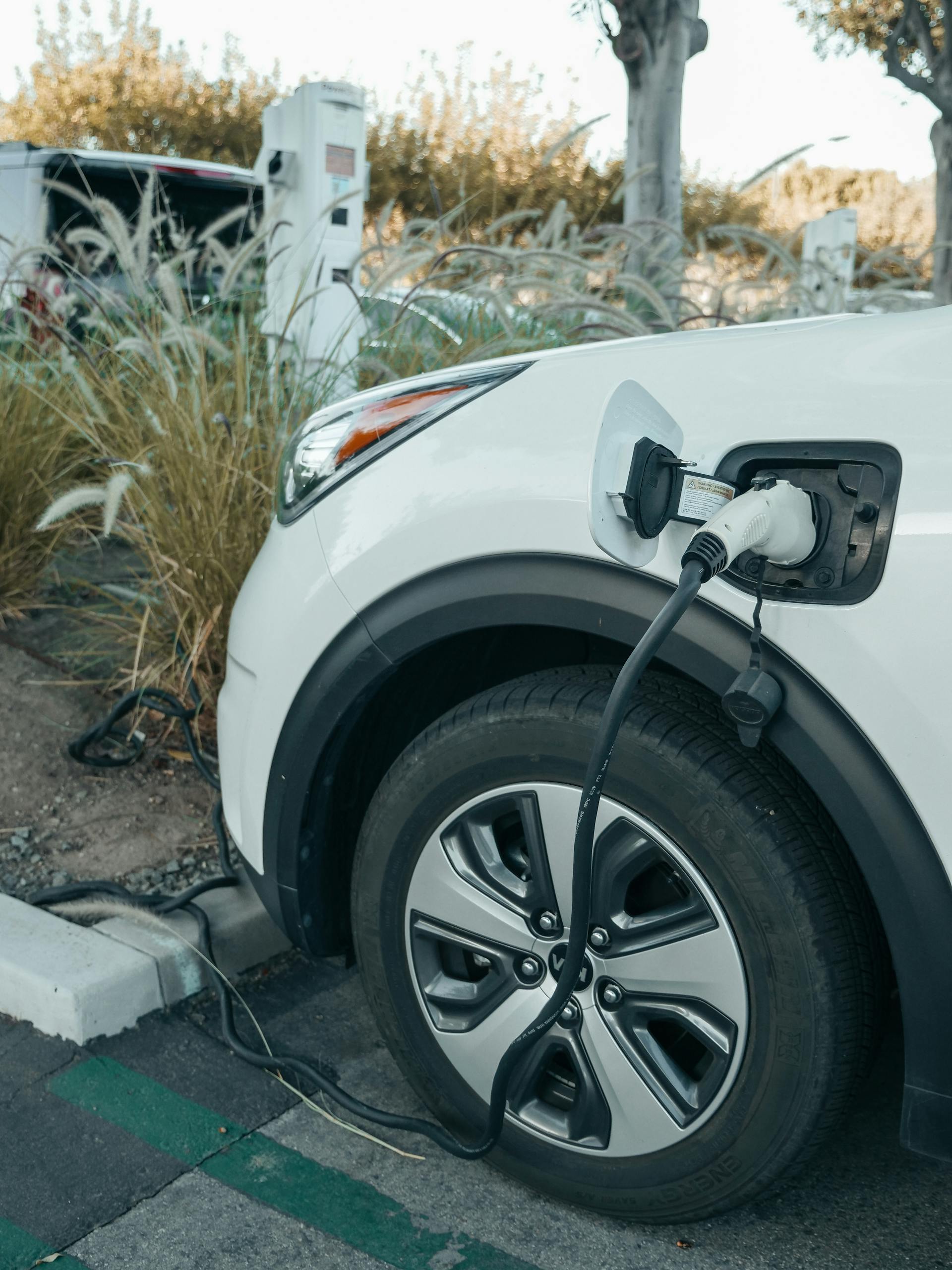
Electric Vehicles VS Traditional Cars: Which One Better for You?
Electric vehicles (EVs) and traditional internal combustion engine (ICE) vehicles both have their advantages, but EVs are generally considered better in a few key areas. Here’s a breakdown of the main pros and cons:
1. Environmental Impact
- EVs: EVs produce zero tailpipe emissions, which makes them cleaner in terms of air quality. Although the electricity used to charge them may come from non-renewable sources, EVs still have a lower overall carbon footprint than gasoline cars, especially if the grid has renewable energy.
- Traditional Cars: Gasoline and diesel cars emit carbon dioxide (CO₂) and pollutants like nitrogen oxides (NOₓ), contributing significantly to air pollution and climate change.
2. Fuel and Maintenance Costs
- EVs: Electricity is usually cheaper than gasoline, so EVs cost less per mile to drive. Additionally, EVs have fewer moving parts, which generally translates to lower maintenance costs and fewer mechanical issues over the vehicle’s lifetime.
- Traditional Cars: Gasoline prices can vary greatly, but they are generally more expensive per mile than electricity. ICE vehicles also require regular oil changes and have more components that can break, resulting in higher maintenance needs.
3. Performance and Driving Experience
- EVs: Known for smooth, quiet acceleration and instant torque, EVs provide a unique driving experience. They are also simpler in design, which often means fewer vibrations and less noise.
- Traditional Cars: While ICE cars can also be powerful, they don’t provide instant torque like EVs. However, some drivers enjoy the sound and feel of traditional engines, particularly in sports and performance cars.
4. Range and Infrastructure
- EVs: Range has been improving, with many models now achieving over 300 miles on a single charge. However, charging stations can be less readily available than gas stations, especially in rural or underdeveloped areas, and charging takes longer than refueling.
- Traditional Cars: Gasoline cars still have an advantage in range and refueling convenience, as gas stations are widespread and refueling takes just a few minutes.
5. Future Regulations and Resale Value
- EVs: Governments worldwide are offering incentives for EVs, and some have announced future bans on new gasoline cars, which could boost the long-term resale value of EVs.
- Traditional Cars: As regulations around emissions tighten, traditional cars may face higher taxes or usage restrictions, potentially affecting their resale value negatively.
In summary, if you’re looking for a cleaner, cost-effective, and low-maintenance vehicle, an EV is likely a better option. However, traditional cars may still make sense for those who prioritize long-range and fast refueling.




